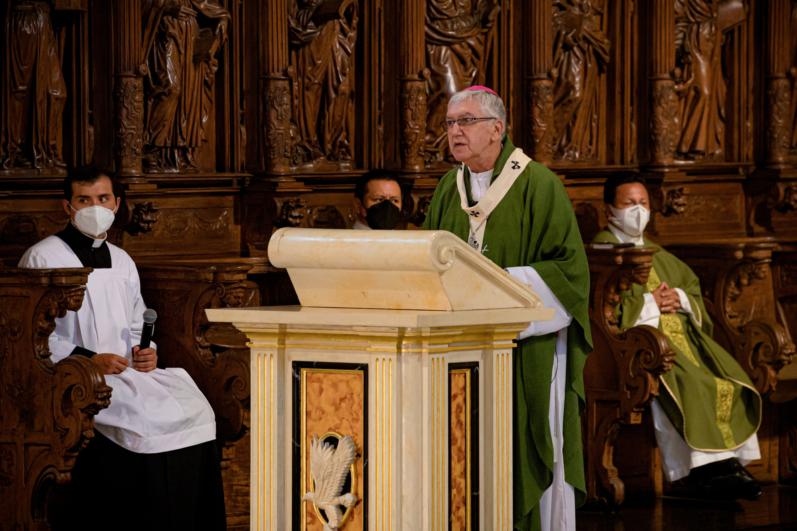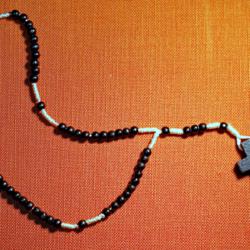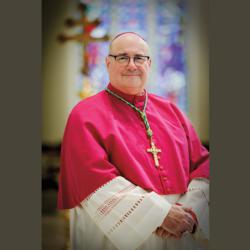Lima archbishop says movement with U.S. ties should be suppressed
VATICAN CITY (CNS) -- A Peru-based Catholic movement active across Latin America and the United States is more of a "political project" than a religious movement, said the archbishop of the Peruvian capital where the movement is based.
Weeks after Pope Francis expelled 10 members from Sodalitium Christianae Vitae, a lay Catholic movement founded in Lima, Peru, in 1971, Cardinal-designate Carlos Castillo Mattasoglio of Lima criticized the movement in an article he wrote in the leading Spanish newspaper, El País.
Following the Oct. 19 article, the Peruvian bishops' conference published a letter dated Oct. 21 announcing that Pope Francis had expelled two other members of the group and upheld the expulsion of another.
Archbishop Castillo, who is among the 21 new cardinals to be created by Pope Francis Dec. 7, wrote that Sodalitium "is the resurrection of fascism in Latin America, artfully using the church through sectarian methods" and "Pelagian asceticism."
Sodalitium's practices, he wrote, work toward creating a "mind control over people that end up as armies of robots that conquer and dominate," noting the harm caused by Catholic movements who reduce the faith to an advance of social change, such as he claimed Sodalitium did in its opposition to Marxism.
"The use of religion for purposes foreign to spreading the good news of Jesus is most destructive to the Catholic Church," he wrote. "For that reason, I've come to the conclusion that there is no charism in Sodalitium."
The archbishop called the movement a "failed experiment" and wrote that it "should be suppressed by the church."
Whereas religious movements should contribute to the life of church, the archbishop said that Sodalitium's founder, Peruvian layman Luis Fernando Figari, "invented a presumed charism to protect a political and sectarian plan."
Pope Francis expelled Figari from the movement in August. Ten more Sodalitium members were expelled by the pope in September. After a 2017 internal investigation, Sodalitium said that 66 people had been abused by its members, and the group barred Figari from contacting any Sodalitium members.
Sodalitium Christianae Vitae was granted pontifical recognition in 1997, and the movement established a presence in the United States in 2003 when it was invited into the Archdiocese of Denver, where several active members currently live, by then-Archbishop Charles J. Chaput.
In 2014, when Archbishop Chaput had been transferred to lead the Archdiocese of Philadelphia, he entrusted Sodalitium with a parish and the Newman center for the University of Pennsylvania and Drexel University.
The expulsion of members followed a 2023 Vatican investigation for alleged abuses. The reasons cited for their expulsion included: physical abuse "including sadism and violence," deploying tactics to "break the will of subordinates," spiritual abuse, abuse of authority including the cover-up of crimes and abuse in the administration of church goods.
The Oct. 21 letter said the two additional members were expelled for "abuse of office and authority," which involved the mismanagement of church assets, as well as sexual abuse, including one case involving minors.



















